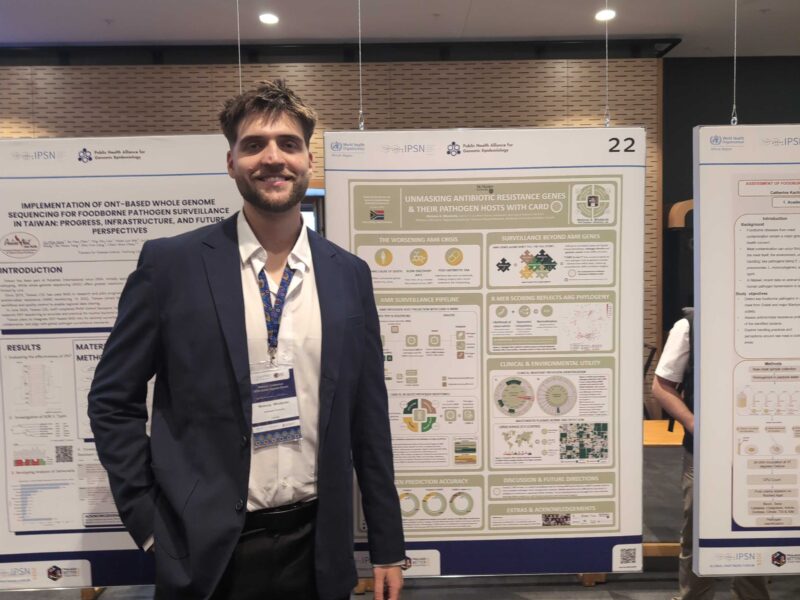 In 2006, Dr. McArthur left academia to act as a consultant in computational biology and bioinformatics for researchers in academia and government. With researchers at the Woods Hole Oceanographic Institution (Woods Hole, MA), McMaster University (Hamilton, Canada), and the University of Alabama (Tuscaloosa, AL), he performed research in environmental toxicology, with emphasis on microarray and genomic investigation of the molecular response of adult and developing zebrafish to metal (e.g. metal stress transcription factor MTF-1), organic (e.g. tBHQ, TCDD), and pharmaceutical (acetaminophen, gemfibrozil, carbamazapine and venlafaxine) pollutants. These efforts have recently been expanded to include both computational and ChIP-Seq investigation of the involved regulatory mechanisms. Another major research area was in the construction of the Comprehensive Antibiotic Resistance Database with a consortium of academic and government researchers in Canada and the United Kingdom, based at McMaster University. This project involves sequencing and assembly of novel bacterial pathogen genomes using both 454 and Illumina technologies, and subsequent annotation of possible antibiotic resistance genes and mechanisms, with implications for clinical treatment. Lastly, additional efforts focussed on natural resources management, with development of algorithms for wildlife population genomics analysis.
In 2006, Dr. McArthur left academia to act as a consultant in computational biology and bioinformatics for researchers in academia and government. With researchers at the Woods Hole Oceanographic Institution (Woods Hole, MA), McMaster University (Hamilton, Canada), and the University of Alabama (Tuscaloosa, AL), he performed research in environmental toxicology, with emphasis on microarray and genomic investigation of the molecular response of adult and developing zebrafish to metal (e.g. metal stress transcription factor MTF-1), organic (e.g. tBHQ, TCDD), and pharmaceutical (acetaminophen, gemfibrozil, carbamazapine and venlafaxine) pollutants. These efforts have recently been expanded to include both computational and ChIP-Seq investigation of the involved regulatory mechanisms. Another major research area was in the construction of the Comprehensive Antibiotic Resistance Database with a consortium of academic and government researchers in Canada and the United Kingdom, based at McMaster University. This project involves sequencing and assembly of novel bacterial pathogen genomes using both 454 and Illumina technologies, and subsequent annotation of possible antibiotic resistance genes and mechanisms, with implications for clinical treatment. Lastly, additional efforts focussed on natural resources management, with development of algorithms for wildlife population genomics analysis.

